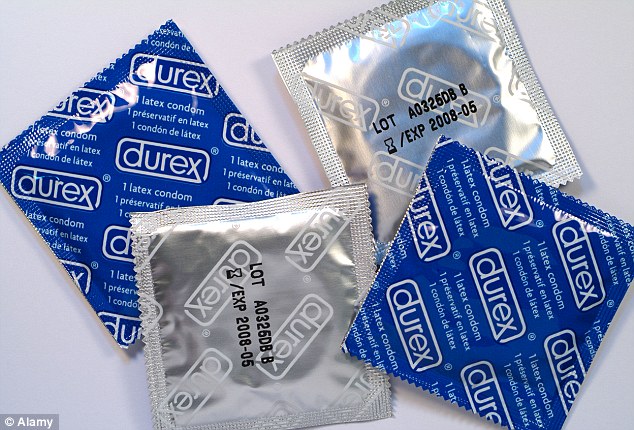Are Condoms REALLY Effective?
When it comes to contraceptives, condoms are the only type that serves two functions at the same time; They prevent pregnancies and reduces your chances of contracting common STDs.
Naturally, this should make them the first choice for sexually active people, right? But it doesn’t. According to aidsmap condoms are the least preferred by young people, with oral contraceptives being the most preferred.
www.aidsmap.com
Under conditions of perfect use, male condoms are up to 99.5% effective

What are some of the things that affect the effectiveness of condoms?
- Frequency of Use: People who use condoms may not in fact do so every time they have sex. Studies show that heterosexual couples who say they have used condoms every time they have sex have around 80% fewer cases of HIV infection than couples who say they have not used condoms at all.
- Incorrect Use: People sometimes use condoms in the wrong way – for example, using a condom that is not the right size for the penis. This increases the risk of condoms slipping off or breaking. Also, using the wrong lubricant (oil-based), wearing more than one condom
For these reasons, the ‘real world’ effectiveness of condoms is somewhat lower. This does not take away from the true effectiveness of condoms and it’s importance.
However, Condoms cannot prevent ALL sexually transmitted infections
While it is a known fact that condoms prevent common STDs, some infections may get past your condom. Some of those infections are:
- HPV: Human papillomavirus is the most common STI; there are over 100 strains of the virus. Some strains of HPV go unnoticed and seem to cause no symptoms at all, while others can cause genital warts or various cancers. Because genital warts can be on parts of the genitals that are not covered by a condom, especially female condoms, HPV can be spread via skin-to-skin contact.
- Syphilis : Yes, syphilis is still around. Syphilis is a highly contagious bacterial infection that spreads through sexual contact, including oral, vaginal, and anal sex. Syphilis sores occur at the infection site, and can be contracted by a partner via skin-to-skin contact regardless of condom use.
- Public Lice/Crabs: Pubic lice, also known as crabs, infect the genitals. These lice are most common among teens and are typically spread during sexual, skin-to-skin contact. Pubic lice can live among public hair and can be spread whether or not a condom is used.
Thanks for reading!













